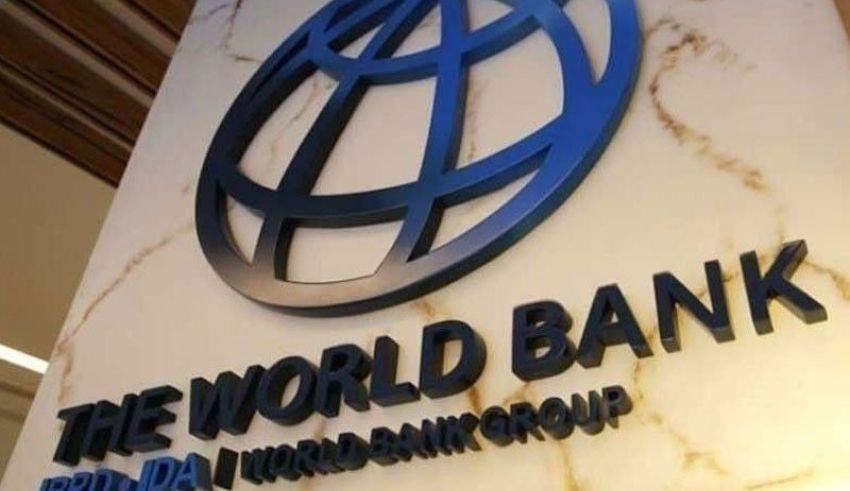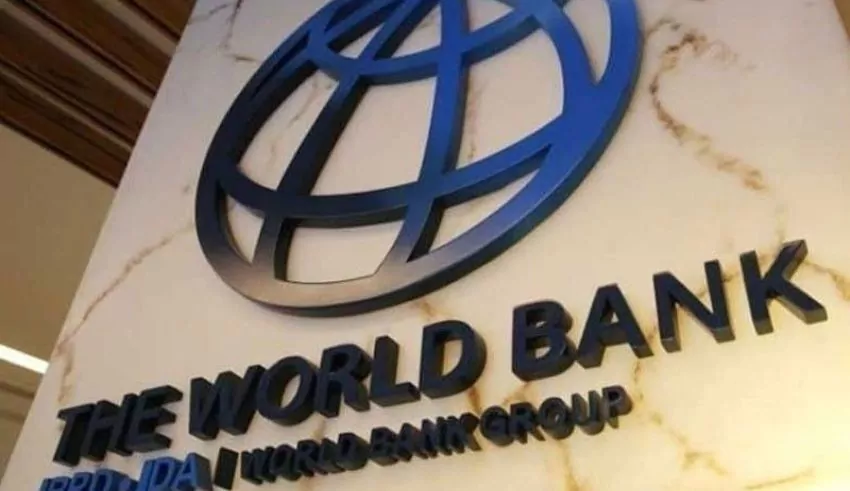

(C) Philippine Star
The recent signing of a $600 million deal between the Philippines and the World Bank for agricultural modernization, as reported by Inquirer.net, marks a significant step towards advancing the country’s agricultural sector. This partnership underscores the importance of investing in agriculture, enhancing productivity, and promoting sustainable development.
Agriculture plays a crucial role in the Philippines, contributing to food security, employment, and economic growth. However, the sector faces various challenges such as outdated farming practices, limited access to technology, and climate change impacts. The agreement with the World Bank demonstrates the government’s commitment to addressing these challenges and driving agricultural modernization.
The financial support from the World Bank will enable the Philippines to invest in cutting-edge technologies, improve irrigation systems, enhance farm-to-market infrastructure, and strengthen value chains. These efforts will not only increase productivity but also improve the livelihoods of farmers, promote rural development, and boost the overall competitiveness of the agricultural sector.
Agricultural modernization is not solely about embracing advanced technologies; it also involves sustainable practices that protect the environment and preserve natural resources. The partnership between the Philippines and the World Bank should prioritize initiatives that promote climate-smart agriculture, conservation of biodiversity, and the adoption of resilient farming systems to ensure long-term sustainability.
Furthermore, the deal highlights the importance of international cooperation and collaboration in addressing complex challenges. The support from the World Bank signifies a shared commitment to fostering sustainable development and achieving the United Nations’ Sustainable Development Goals, particularly Goal 2: Zero Hunger.
However, it is important to ensure that the allocated funds are effectively utilized, and the benefits reach the intended beneficiaries. Transparent and accountable management of the funds, robust monitoring mechanisms, and active stakeholder engagement will be crucial in maximizing the impact of the investment and achieving the desired outcomes.
In conclusion, the $600 million deal between the Philippines and the World Bank for agricultural modernization signifies a significant milestone in advancing the country’s agricultural sector. This partnership will provide crucial financial support to address the challenges faced by the sector, enhance productivity, promote sustainable practices, and improve the livelihoods of farmers. It is imperative for the government to ensure transparent and accountable utilization of the funds and engage stakeholders in the implementation process. By investing in agriculture, the Philippines can unlock the sector’s potential, contribute to food security, and foster sustainable development.
The stepping down of Piyush Gupta from the post of CEO of DBS Bank came after 15 years of leading…
The Delhi Directorate of Education releases 2025-26 marks for year-end tests in school levels 6 through 11. Online test data…
Singapore will further cement its status as an important basketball destination when it hosts three FIBA 3x3 events in 2026…
Jewel Section E, directed by Theodore Boborol and starring Ashtine Olviga as Jay-Jay Mariano, Andres Muhlach as Mark Keifer Watson,…
Cebu Pacific celebrates the delivery of its very first aircraft for 2025, the 459-seat Airbus A330neo, delivered at Ninoy Aquino…
March 29, 2025, will deliver the first solar eclipse of the year when observers from numerous continents can witness this…
This website uses cookies.
Read More